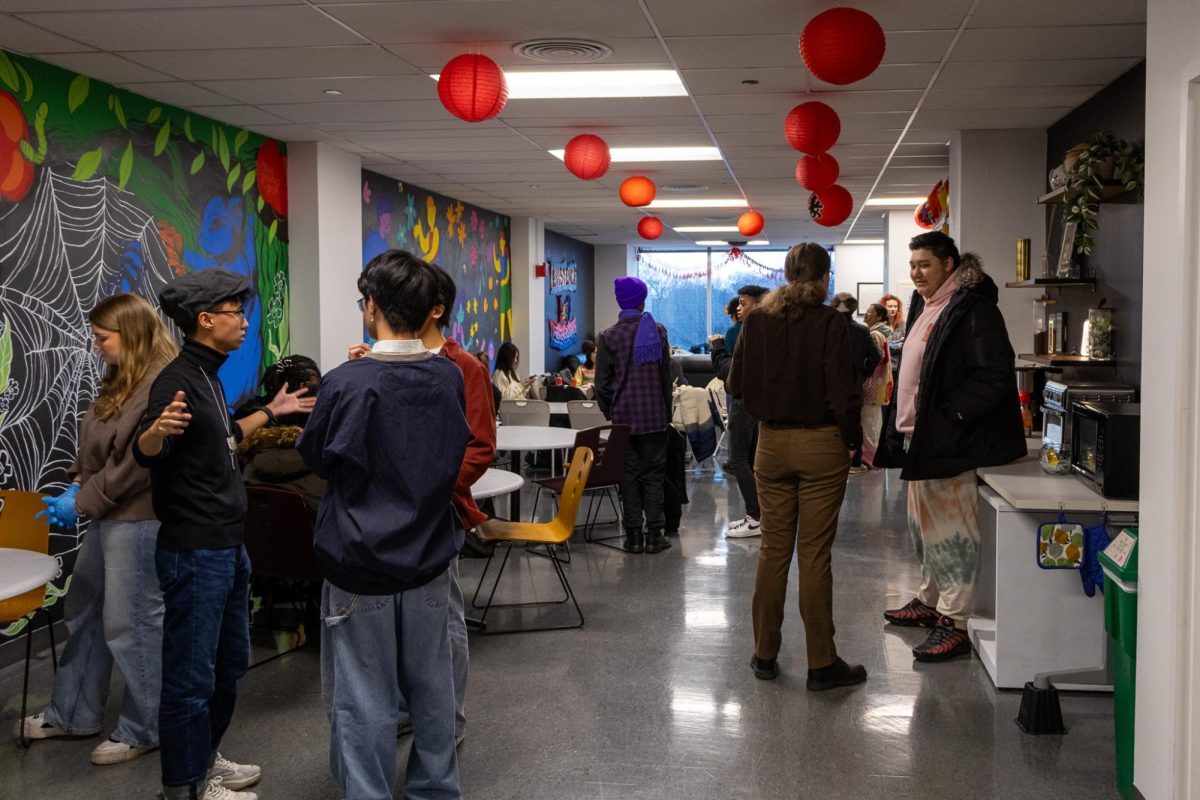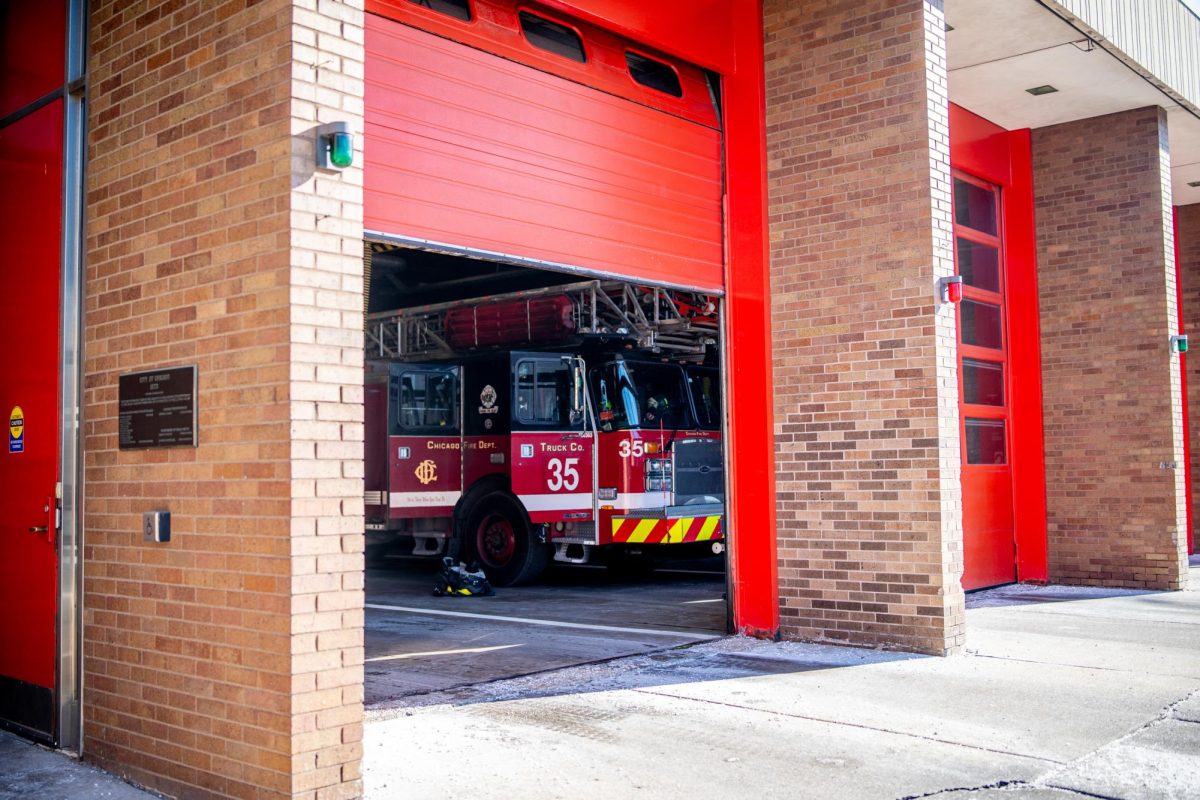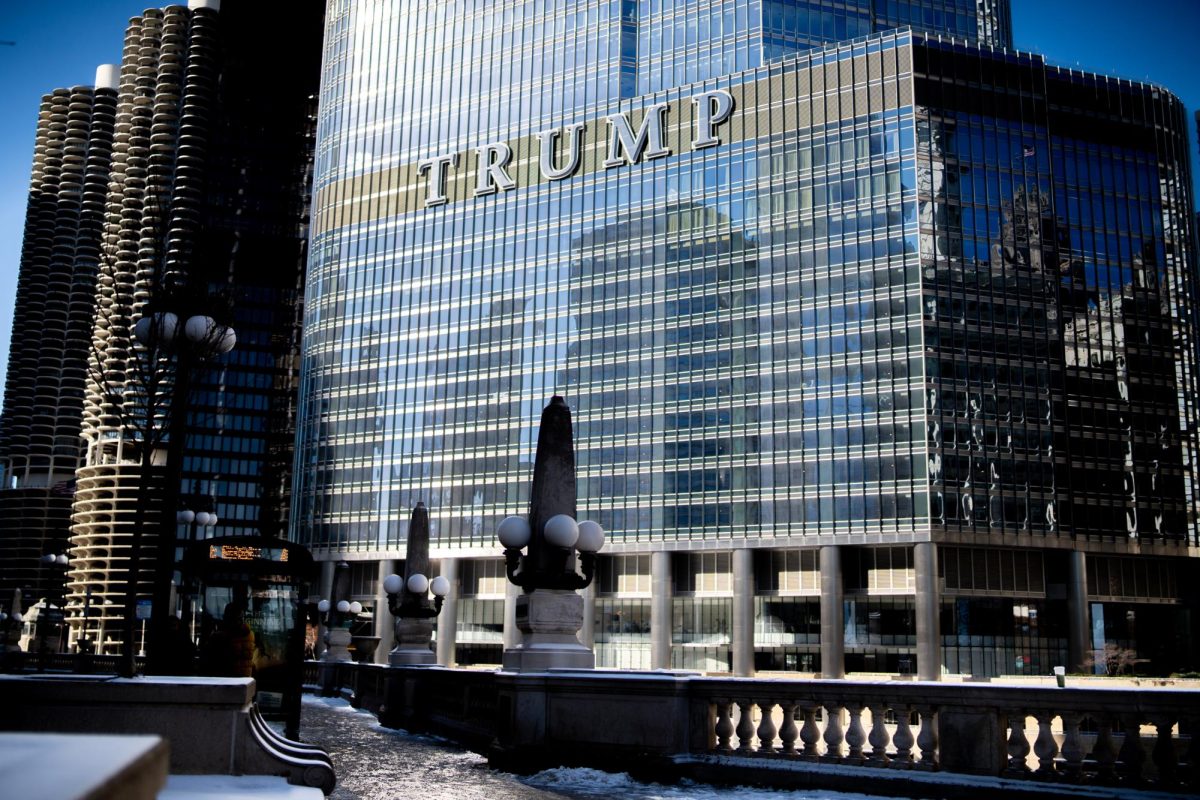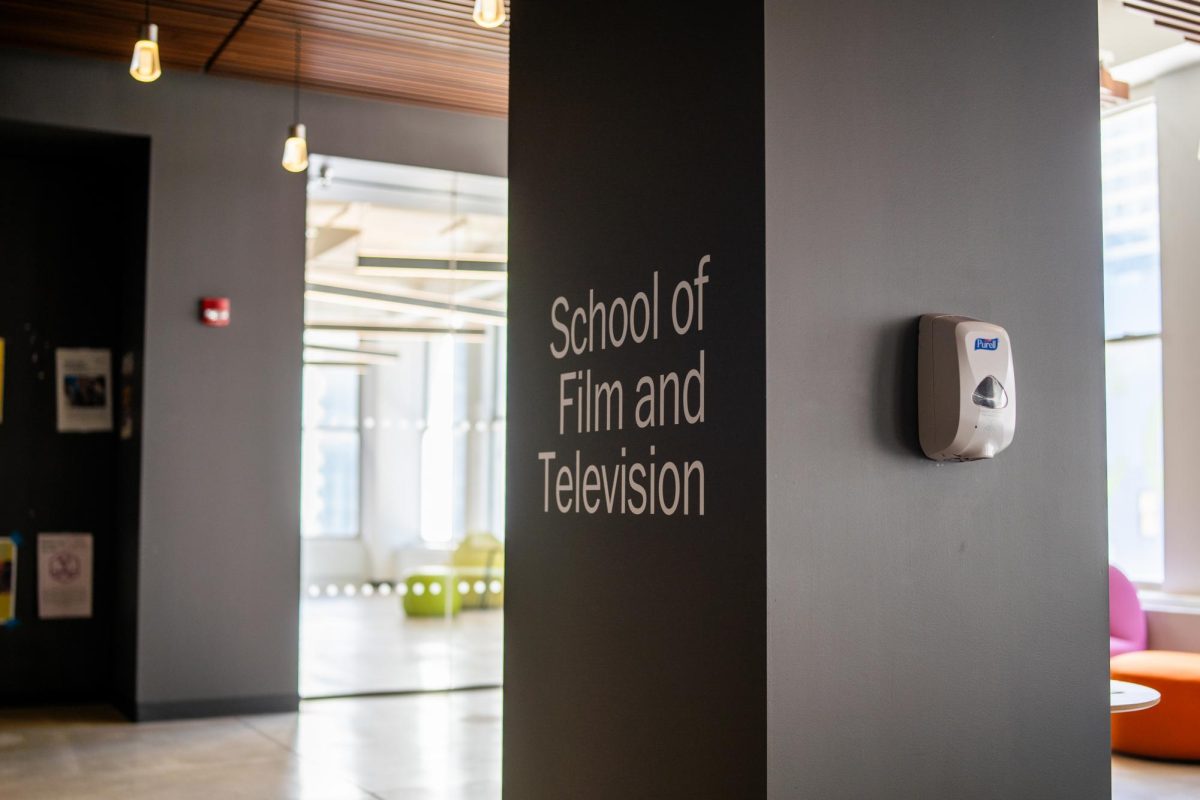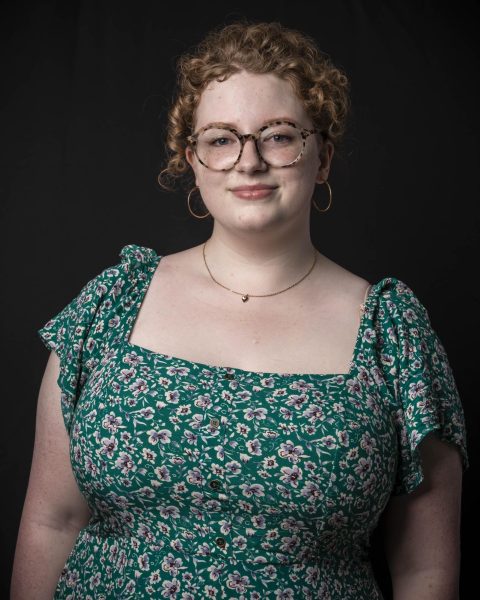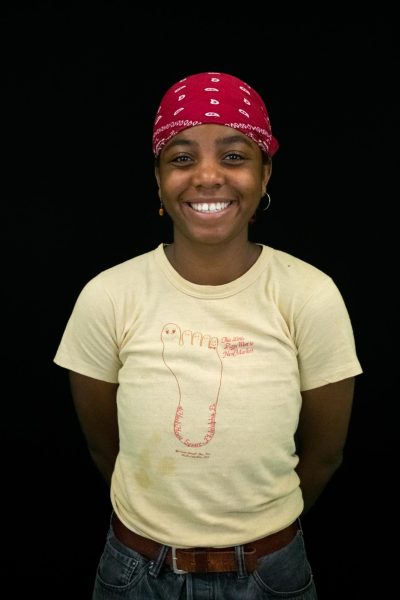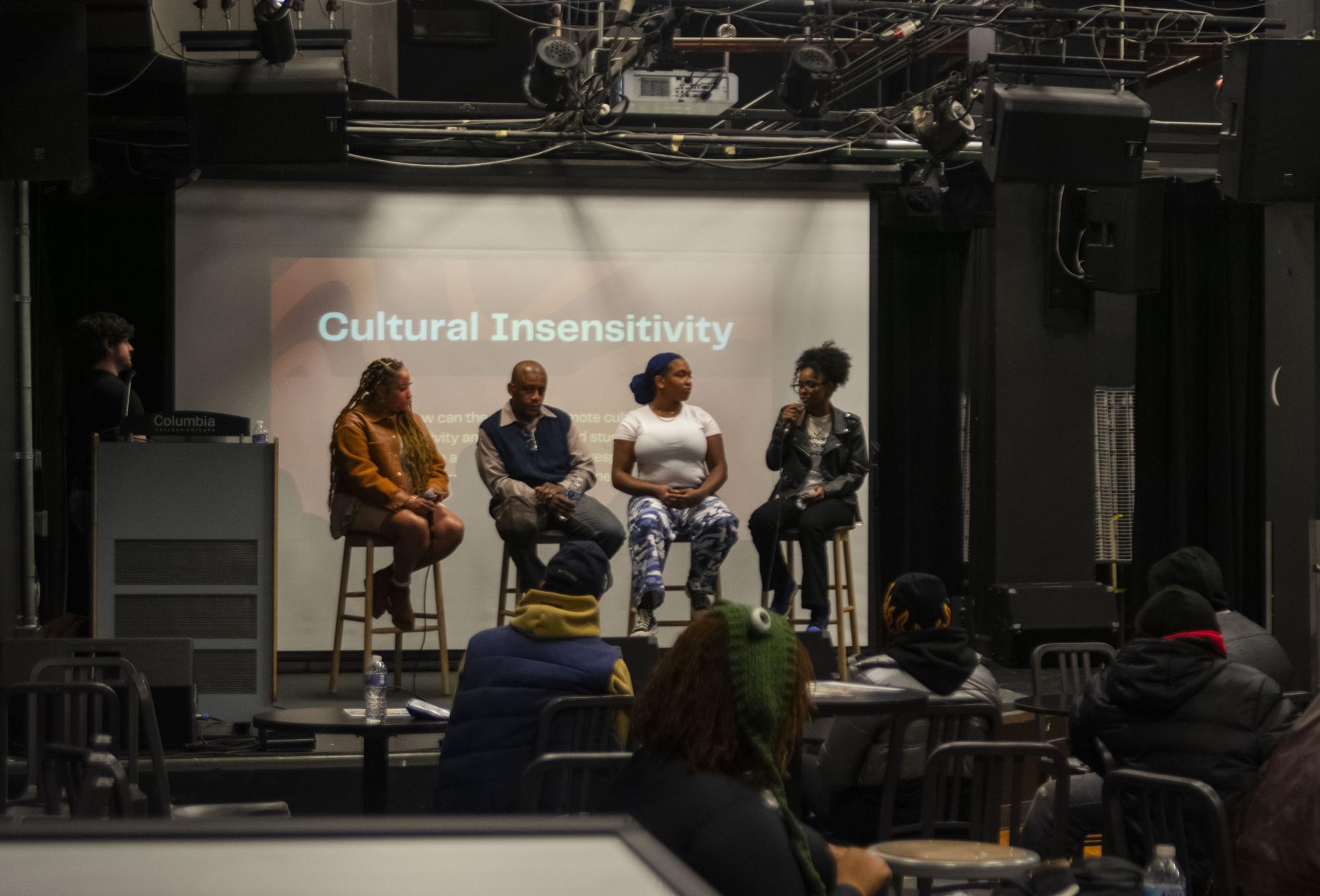
In honor of Black History Month, the Hip-Hop Club is hosting, “Our Cultural Odyssey,” a series of three events, consisting of mixers and a symposium.
The first event, “The Culture: Community Town Hall Mixer” featured a panel discussion and musical performances.
Hip-Hop Club President, I’Ja Wright, organized the town hall. Wright, who transferred to Columbia from Hampton University, a historically Black college or university, or a HBCU, organized the event because said there was a lack of Black History Month events at Columbia.
“Since I’ve been here, February has always been dead. There has not been anything going on for Black students on campus,” the junior marketing major said. “I told myself this year, I want to see some representation on campus for Black History Month.”
The event, held on Monday, Feb. 6, at HAUS located at 623 S. Wabash Ave., served as a way for Black students to engage in discussions about topics that affect their community and network with Black faculty members and “get to know what classes they teach,” Wright said.
The panel consisted of Sarah Bonds, vice president of the Black Student Union, Jewel Baker, president of the Student Programming Board and Robert Hanserd, associate professor in the Humanities, History and Social Sciences Department.
The discussion covered issues that Black students and faculty face at Columbia, like microaggressions, lack of representation and stereotyping.
Bonds, who is also a musical theater senator in the Student Government Association, said some Black students and alumni have told her they were never taught by a Black instructor while attending Columbia.
“That’s absolutely crazy for the diversity, equity [and] inclusion that Columbia puts at the forefront, especially when they’re recruiting students,” Bonds, a senior musical theater major, said.
Bonds discussed feeling underrepresented in the theater department. “Quite often the main stage plays that are chosen, the focus is Black pain and suffering and there’s so much work out there,” Bonds said. “But at the same time, we don’t want them to take away our opportunity to do an all-black show or a show that shares life stories. So we do it anyway.”
The conversation also focused on what the college can do to improve these issues.
“We always have different issues that’s going on, but without a solution, how can we promote change? How can we get people involved to know where to start when helping us?” Wright said.
Baker, who is also head Engage leader, suggested the college should take more of an initiative during Black History Month.
“It’s interesting because the only type of Black History Month events we do is from the clubs, it’s not from Columbia. So it’s really us, we host our own events, it’s us hosting these conversations and things like that,” Baker said.
Hanserd, who represented faculty on the panel, encouraged the student leaders to initiate written communication with the administration to express the concerns brought up during the discussion.
“Write them, start to spell this stuff out. I’ll help you write it, just send me a draft, then let’s all sign it,” Hanserd said. “We’ll give them the chance to see and read and respond. Let’s see what they do.”


